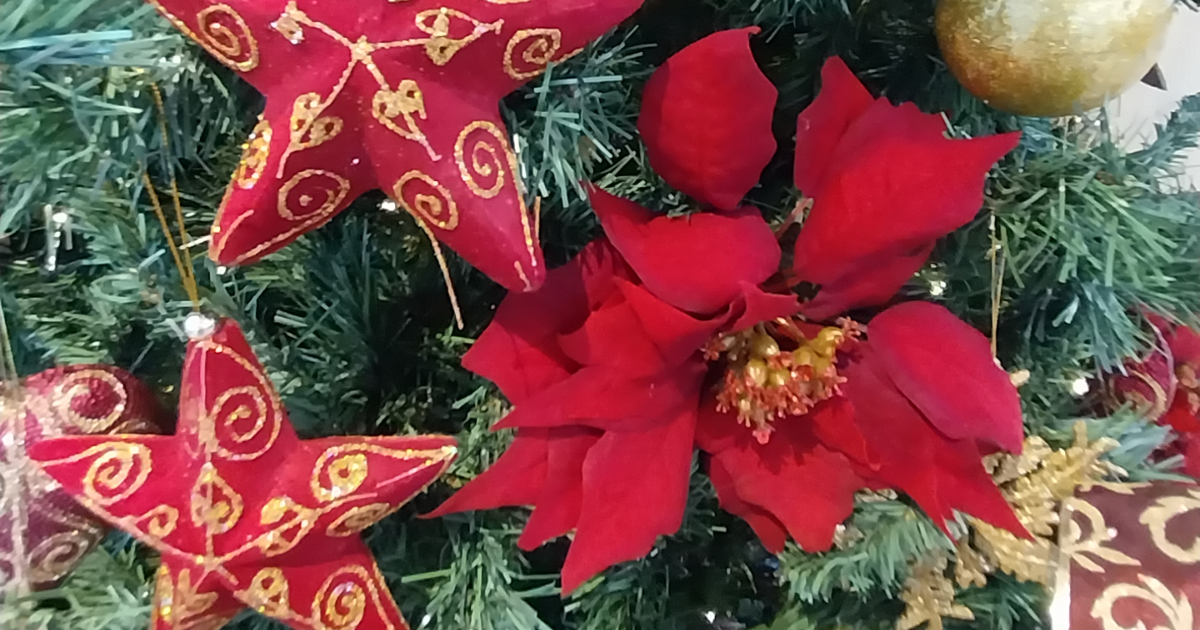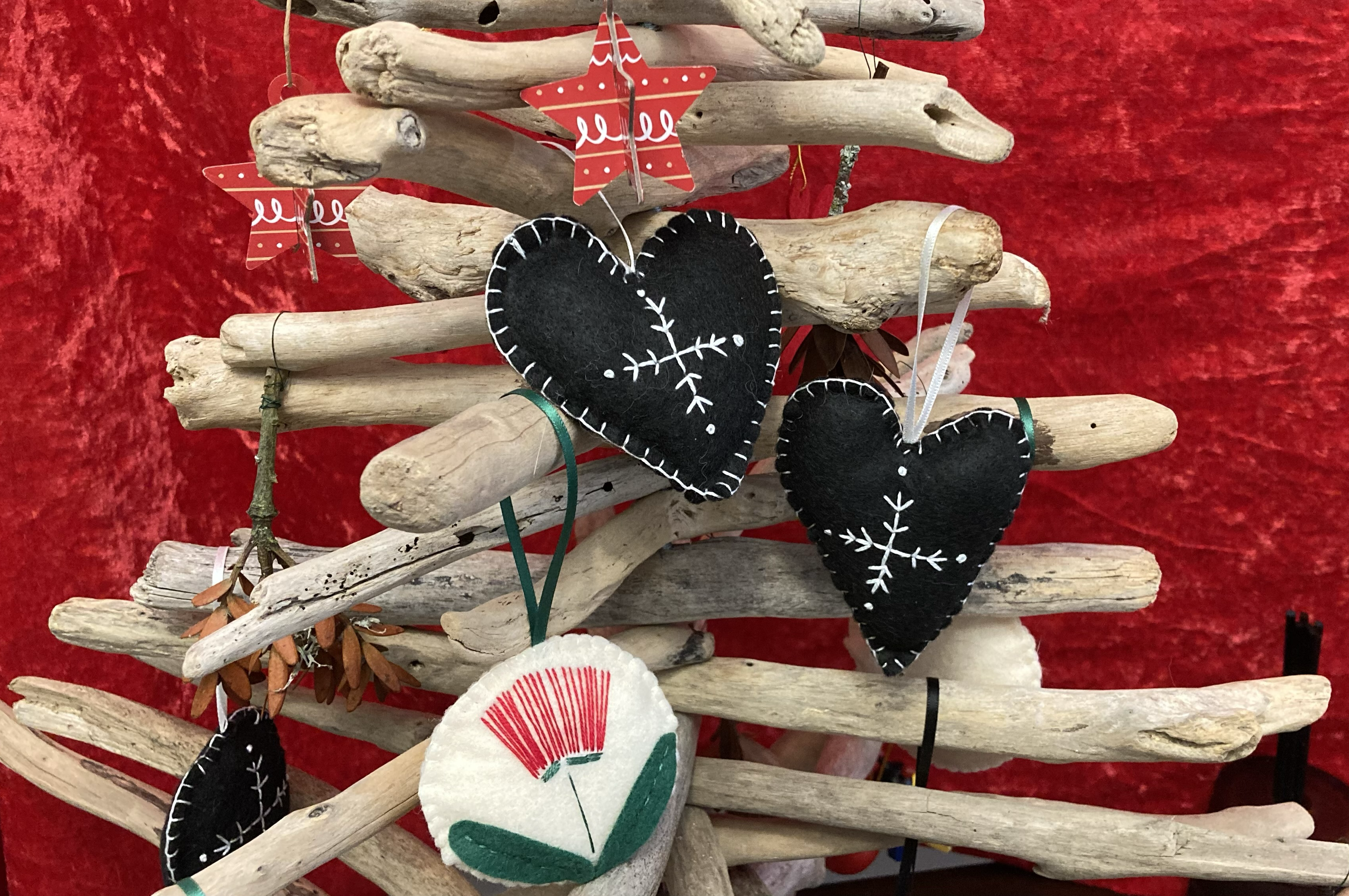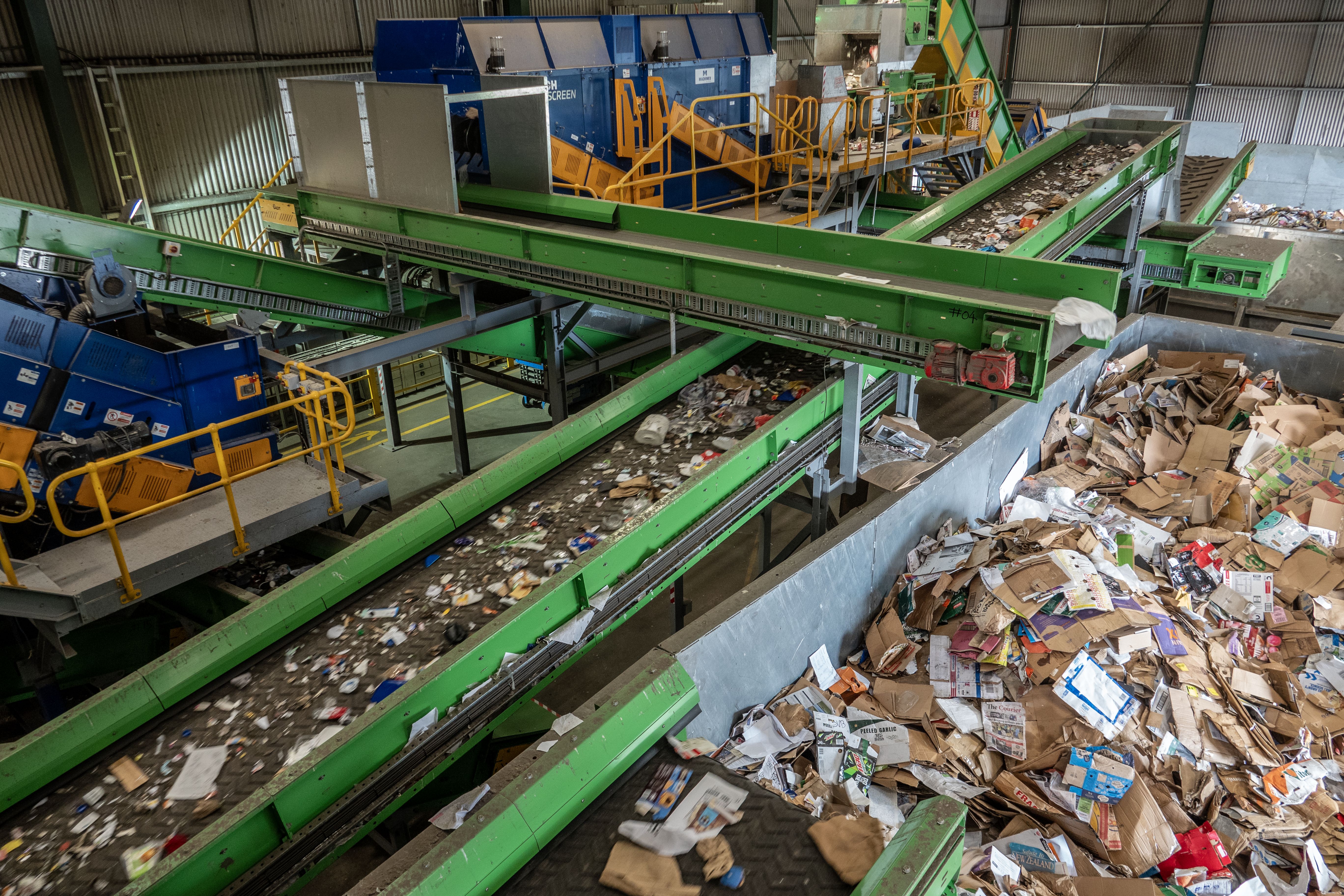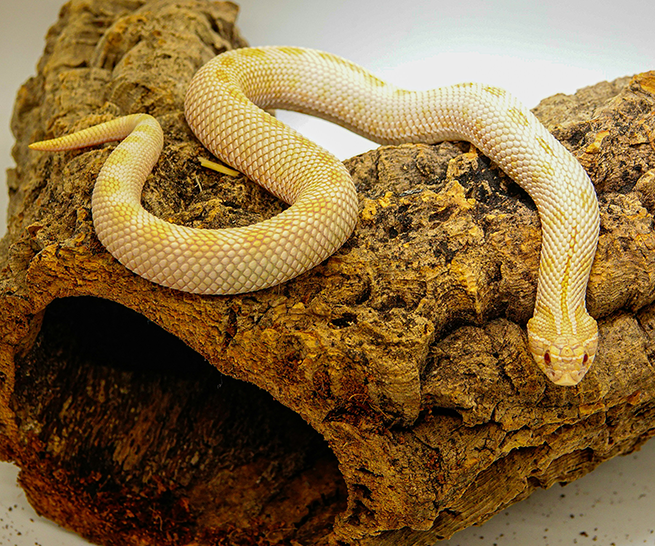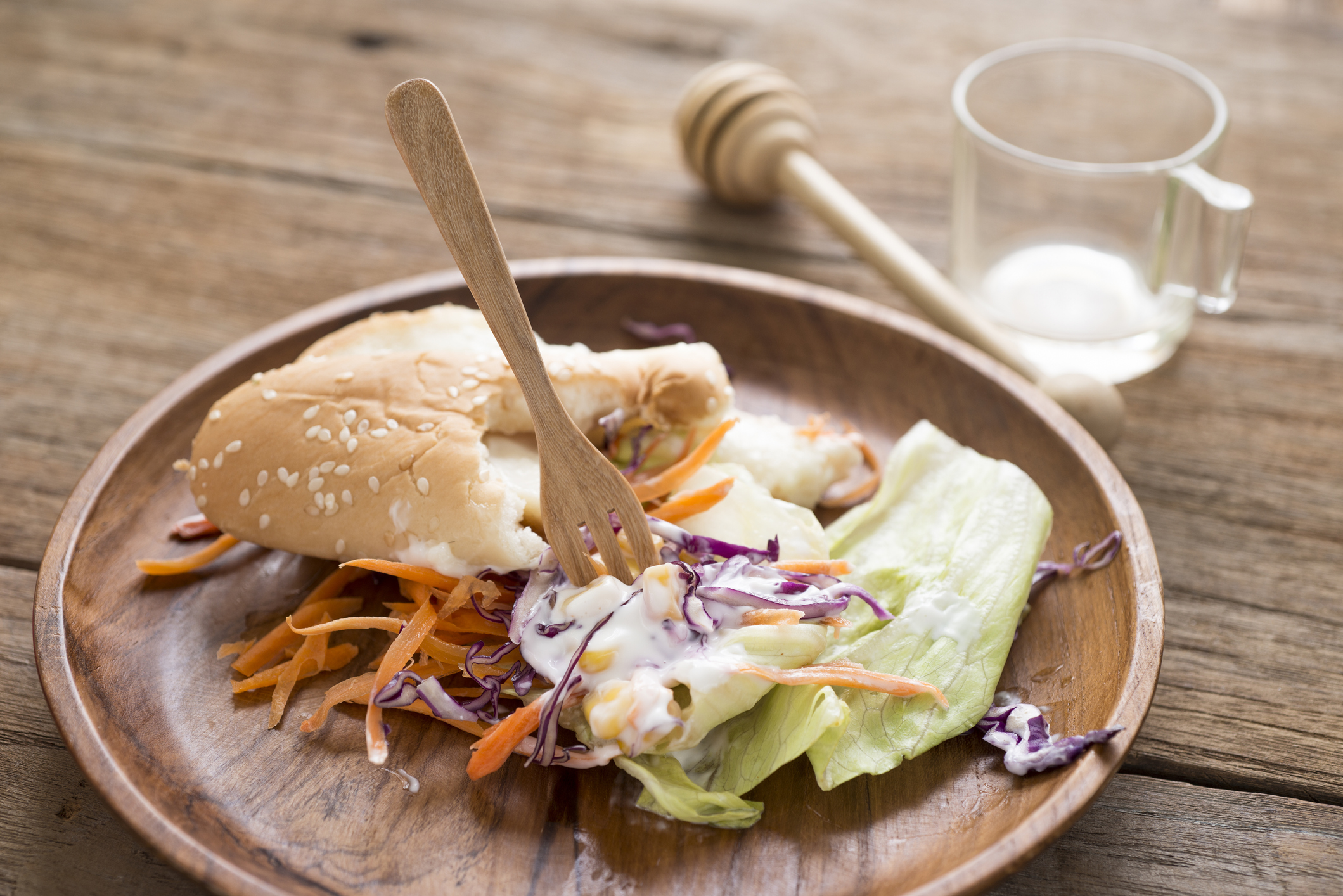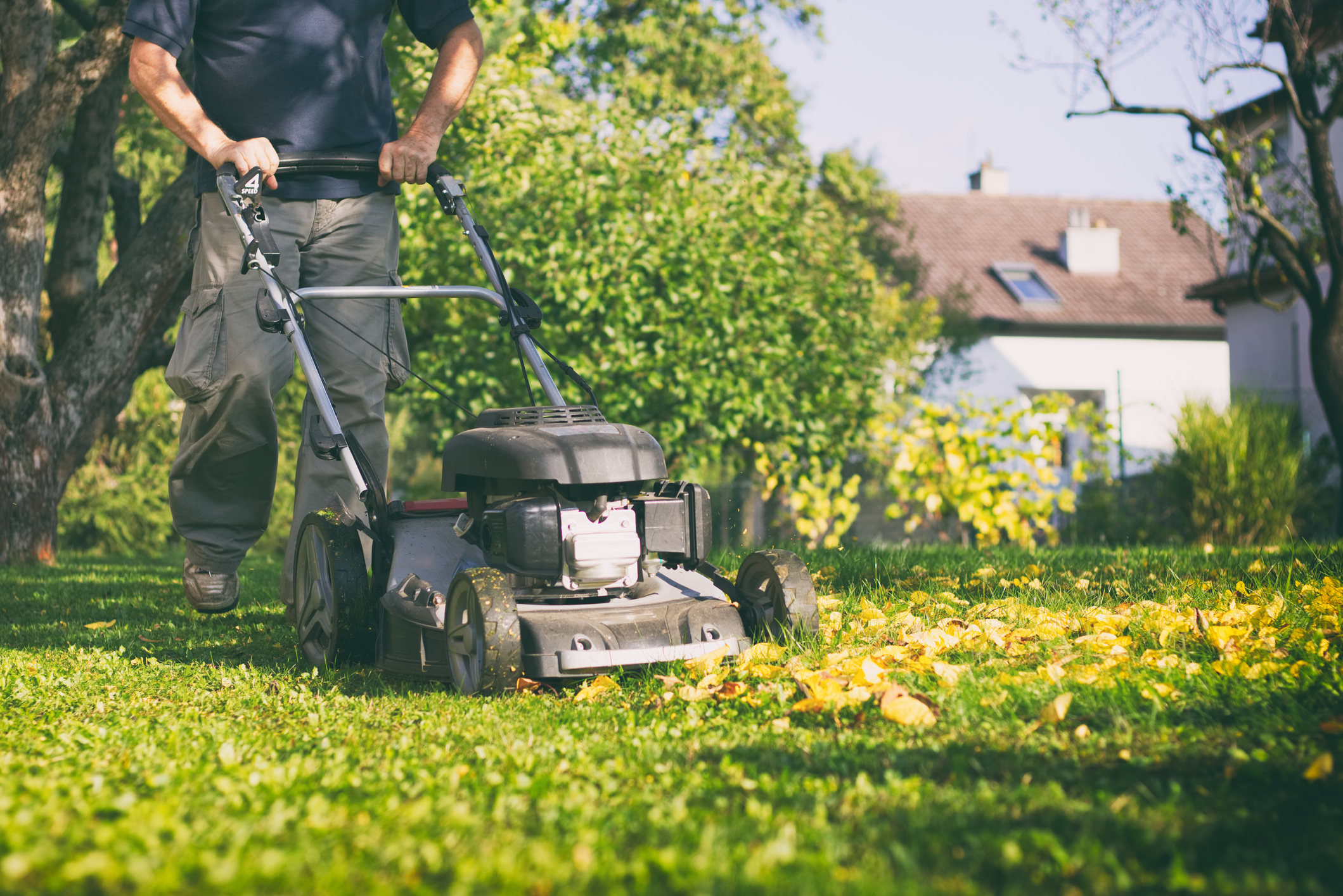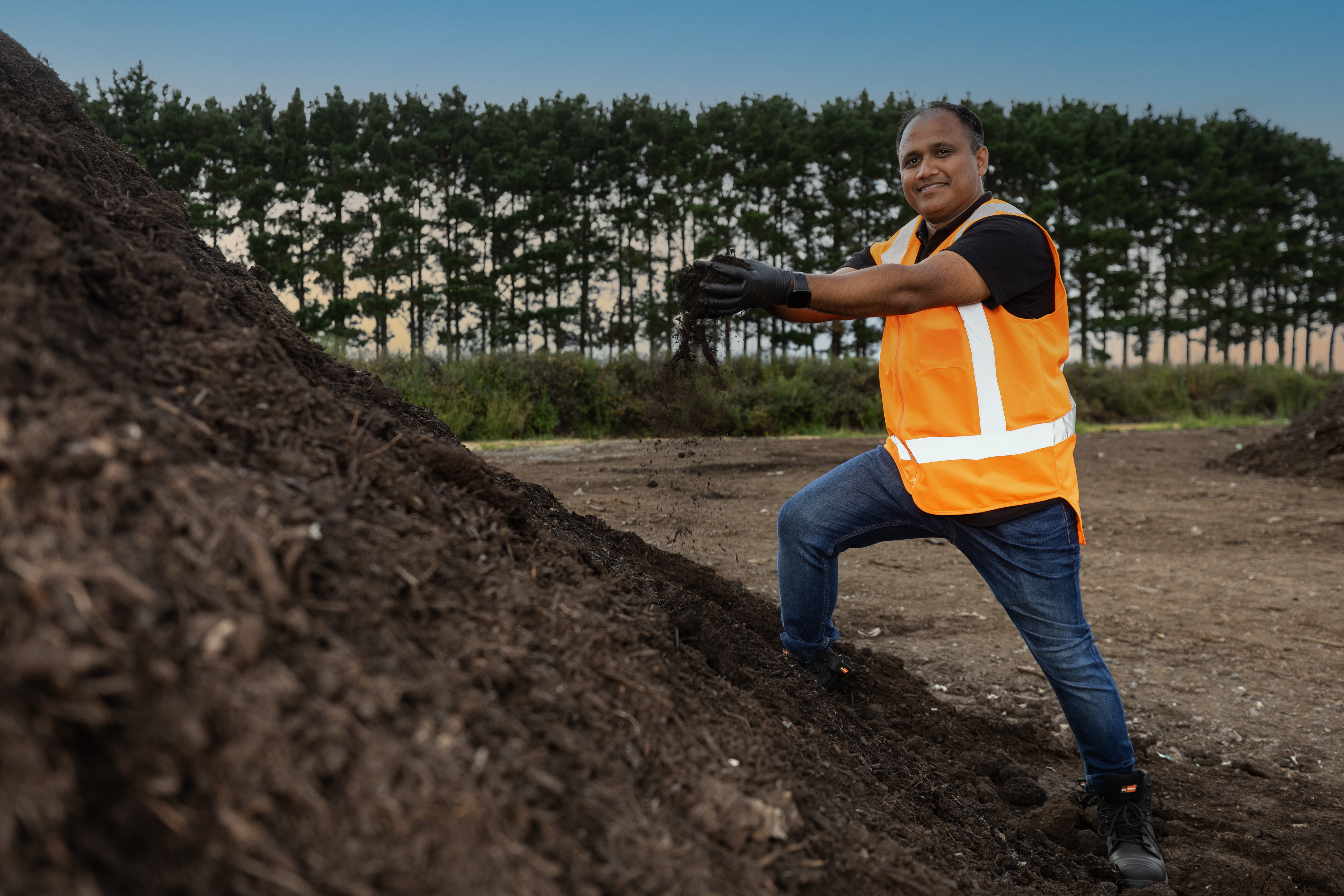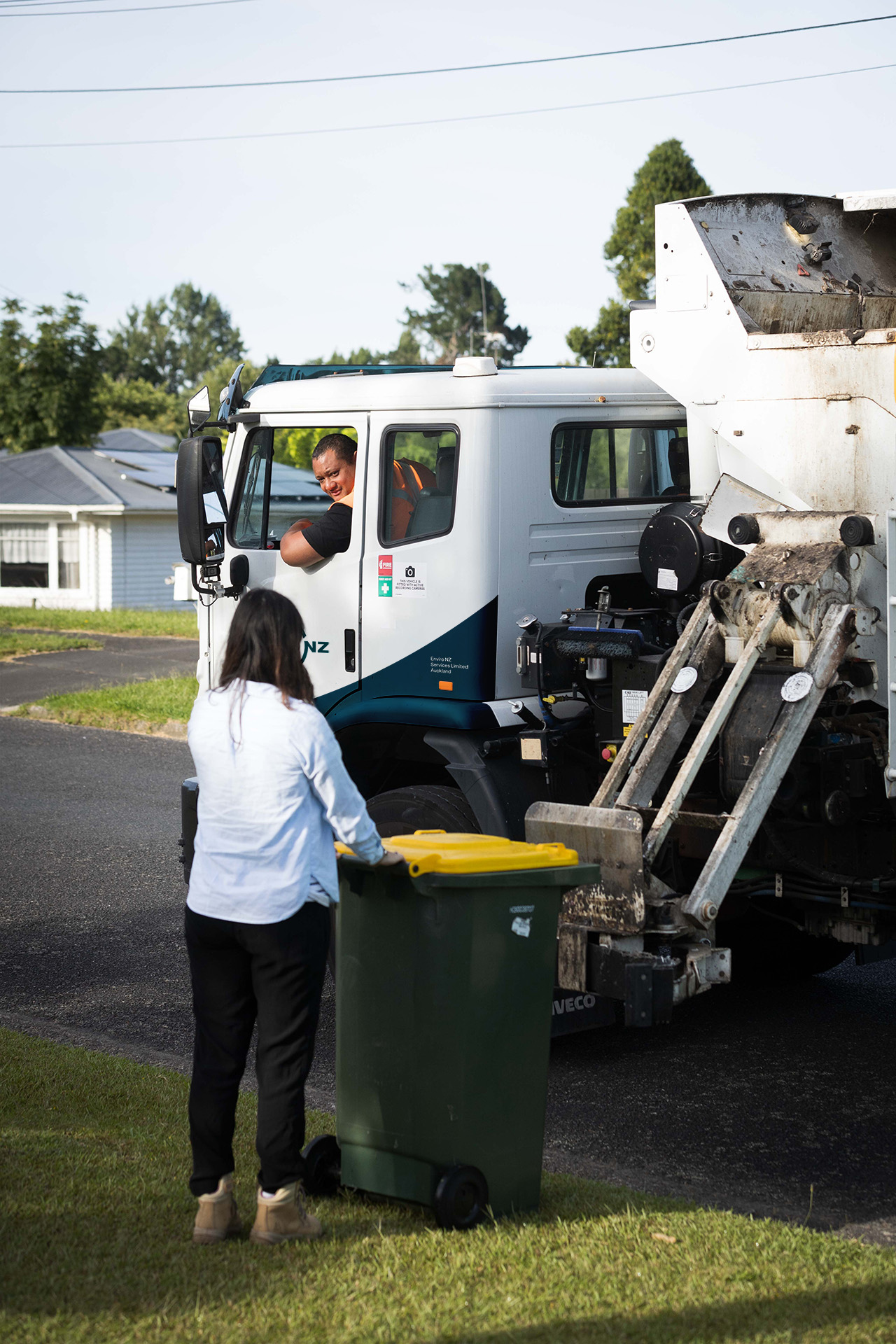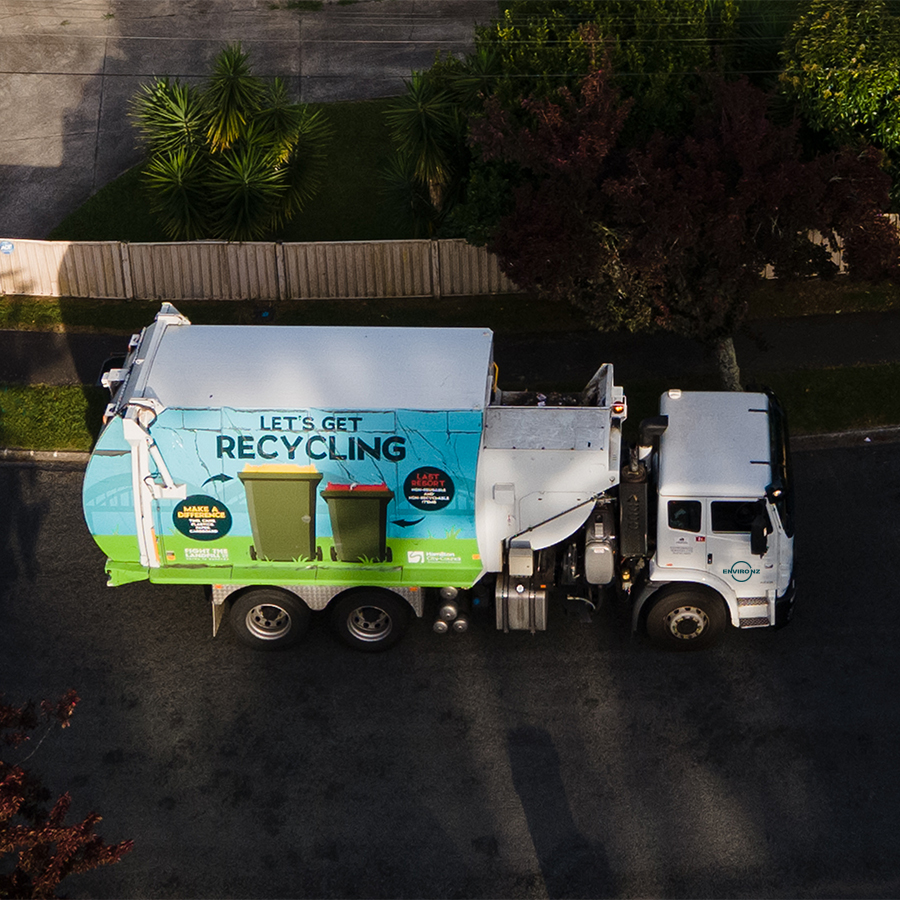When it comes to composting, what you keep out of your garden waste bin matters almost as much as what you put in. Whether you're a seasoned landscaper or just getting your hands dirty, here are three things to keep out of your garden waste bin this summer.
1) Anything sprayed with commercial-grade herbicides
When you're composting, chemistry is everything. That's why the types of herbicides you use on your garden waste are important. While your average herbicide purchased from a hardware store or garden centre should be fine, certain commercial-grade sprays have the potential to wreak havoc on the composting process and should be kept out of your garden waste bin at all costs.
Broadleaf herbicides are restricted sprays designed for rural and commercial use only. They are generally only available through rural and farm supply stores. These sprays typically contain ingredients such as clopyralid, aminopyralid or picloram active. These active agent chemical ingredients don't break down during the composting process, which means that compost made from green waste contaminated by these selective broadleaf herbicides can stunt plant growth and even kill sensitive plants.
Because of this, any green waste or lawn clippings that have been previously sprayed with broadleaf herbicides must not be disposed of into your green waste wheelie bin or in the green waste bunker at your local Transfer Station/Resource Recovery Centre. Green waste contaminated with these chemical active agents must be disposed of as waste.
2) Flax leaves, cabbage tree leaves or bamboo
While flax, cabbage trees, and bamboo all add some distinctive flair to the garden, most companies will request that you avoid putting these materials into your garden waste bin.
Like soft plastics, these materials tangle and jam in the moving machinery used to make compost. These materials can also be challenging to compost correctly, with their tough, fibrous leaves taking much longer to break down than other types of green waste.
If you have these plants in your garden, we recommend taking them to your local Resource Recovery Centre/Transfer Station for disposal.
3) Liquids of any kind
If you’re not already a dedicated composter, you may be surprised to learn that moisture levels are a secret key to composting success. Because of this, it’s important to keep liquids of all types out of your garden waste bin
The garden waste composting process requires just the right moisture level to work optimally. That’s why, to help the circular economy make the most of your unwanted green materials, we ask that you keep the contents of your garden bin as dry as possible and refrain from dumping any liquids, beverages or oils onto your green waste.
Learn more
Looking for more information on what you can and can’t put in your garden waste bin? Check out the FAQs for our convenient, app-based Garden Wheelie service.
